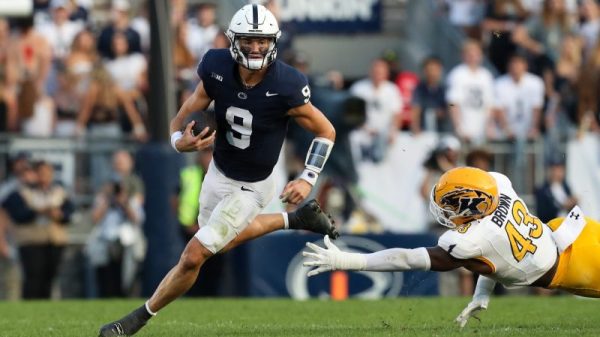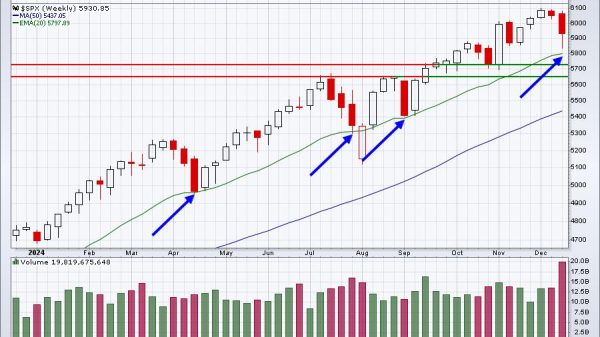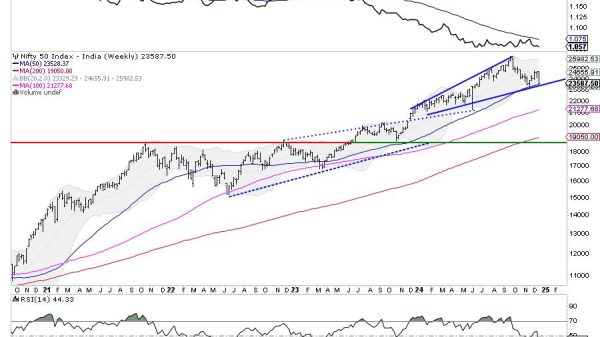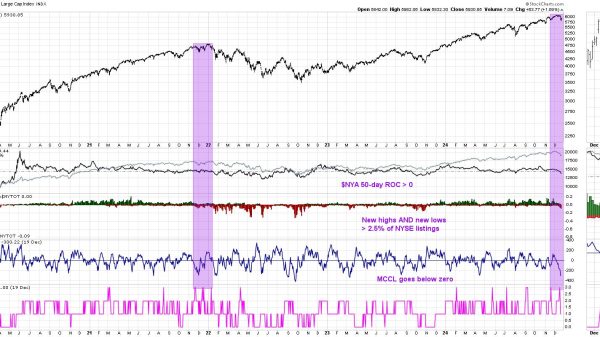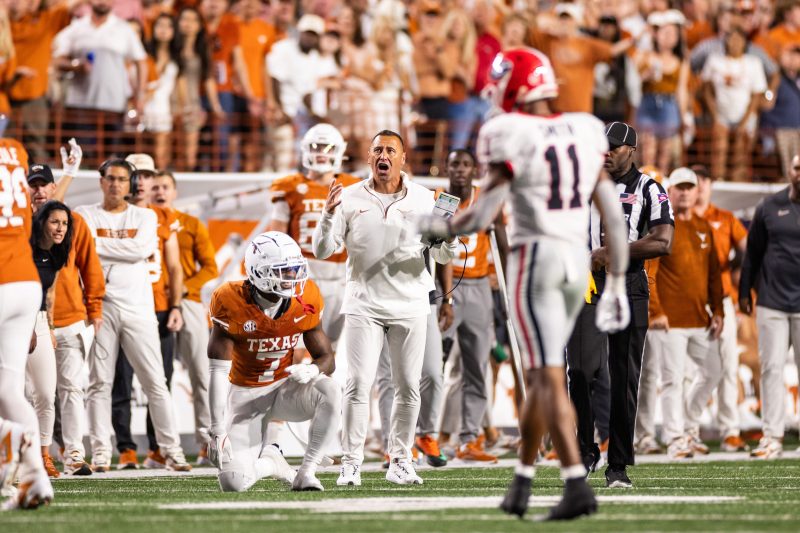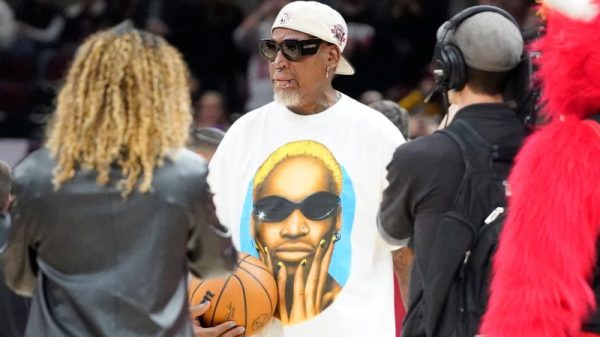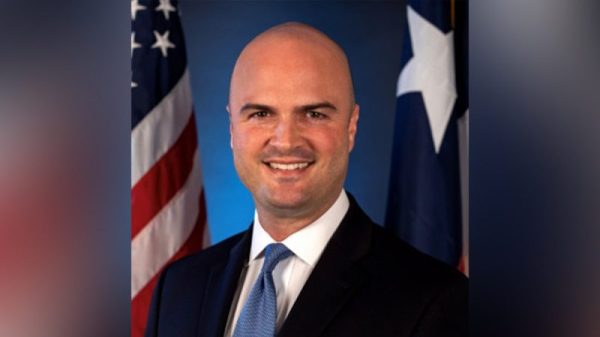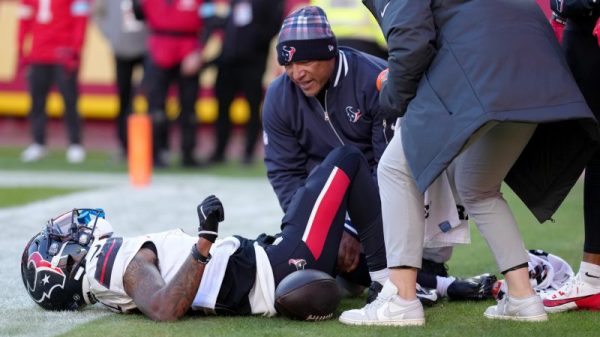Some problems feature no easy solution. Call them a sticky wicket, a wicked problem, or the Riemann hypothesis.
Or, college football’s transfer portal windows.
Coaches from Steve Sarkisian of Texas to Lane Kiffin of Mississippi grumbled in recent days that the sport’s winter transfer period disrupts the postseason, and they’re not wrong.
The portal opened on Dec. 9. It will close to new entries after Dec. 28, giving players 20 days to decide whether to stay or go. Players on teams competing in the College Football Playoff have an additional five days to enter the portal after their team’s season ends.
The timing of this transfer period means some players on playoff teams entered the portal and left their current team before the season ends.
Beyond the playoff, consider Duke, the Gator Bowl opponent of Ole Miss. Blue Devils starting quarterback Maalik Murphy entered the portal last week. He won’t play in the bowl game as he seeks a new team, leaving Duke to play a backup quarterback while in pursuit of a 10th victory that would tie a program record for single-season wins.
“The season’s not over yet, and there’s a free-agency window open,” Kiffin said during a Gator Bowl news conference, while referring to this setup as “a dumb system” and adding that you wouldn’t see something like this in the NFL.
At Texas, multiple Longhorns entered the portal before their first-round playoff game Saturday against Clemson, including a couple of players who remained with the team for CFP preparation, even while they’re in the portal.
“Imagine (NFL) players becoming free agents the day that they announce who’s in the playoffs,” Sarkisian told reporters. “That’s what’s happening in college football.”
The NFL, though, doesn’t offer an apples-to-apples comparison point. For one, NFL players sign employment contracts, while the NCAA remains adamant about not making college athletes employees. More to the point, though, is the reality that this remains college football. The athletes are students, and the academic calendar affects the transfer windows.
ON THE MOVE: Ranking the top quarterbacks in the transfer portal
NEW TAX: Norvell, Gundy among coaches with pay cuts paying own NIL
Fixing winter transfer problem isn’t so simple, but here’s an idea
Shifting the transfer portal to after the season would better accommodate coaches pursuing a national championship, but transferring athletes need to get enrolled at their next school in time for the upcoming semester. And playoff expansion lengthened the season, stretching it into the third week of January.
Consider the Texas and Ole Miss academic calendars. The spring semester at Texas begins on Jan. 13, one week before the national championship game, while courses at Ole Miss begin on Jan. 21, one day after the national championship game.
Well then, what about eliminating the winter transfer window entirely and reducing to a single window in April? That would suit the playoff and academic calendars, but coaches would complain that not having transfers in place for spring practice would hamper their ability to prepare for the upcoming season.
Consider a school like Auburn, which must replace its starting quarterback. The Tigers on Saturday announced the addition of Oklahoma transfer Jackson Arnold. The December transfer period creates an avenue to get Arnold enrolled and installed for spring practice.
Think Auburn coach Hugh Freeze would prefer to navigate spring practice with a placeholder quarterback, while waiting until May to get his transfer quarterback in place? Nope.
OK, so here comes my bold idea for a potential solution to this transfer dilemma: Eliminate the December transfer window, but also eliminate spring practice. Dial back to one transfer portal period following the season, and begin preseason workouts in the summer.
Want to be like the NFL? Fine, but commit to that pro model. NFL teams don’t play a spring game.
The NFL’s organized team activities begin in May. In contrast, some college teams conduct spring practice as soon as February, making that December transfer period essential to coaches needing to reassemble their roster before spring practice.
Dumping the December transfer period merits consideration, as long as it’s combined with an elimination of spring practice.
As players transfer before season ends, coaches leave, too
In the current setup, entering the portal allows other interested programs to contact a player, but it does not strictly prohibit an athlete from competing in postseason games with his current team.
A transferring player, though, might find it untenable to juggle preparing for a postseason game while considering transfer options for the following season.
Preston Stone, the backup quarterback for playoff qualifier SMU, entered the portal, but he’s remained with the Mustangs as they prepare to face Penn State in the CFP’s first round. Penn State backup quarterback Beau Pribula also entered the portal, but he’s not sticking it out with the Nittany Lions.
“I feel so awful for our kids and kids around the country,’ SMU coach Rhett Lashlee told reporters. ‘There’s no other sport at all that has free agency in the season. It’s sad. It’s terrible.’
“(A player) shouldn’t have to make that decision” while the season is ongoing, he added.
Maybe not, but what’s the alternative? Starting the season at the beginning of August and concluding by Christmas? That opens other cans of worms.
Athletes aren’t the only ones exiting before the season ends. Marshall won the Sun Belt championship, then opted out of its bowl game following a mass transfer exodus, amid Marshall’s best season in a decade.
What spurred this? Marshall’s coach, Charles Huff, flew the coop for Southern Mississippi coaching job one day after the Sun Belt championship game after failing to reach agreement with his now former school.
I’m not criticizing Huff. He’s far from the only coach who left his team before the postseason concluded.
Most college football hires occur in November and December – weeks before the postseason begins. Would you be surprised if some coach of a playoff team changes jobs before the postseason concludes?
So, yeah, maybe it’s a dumb system, and it’s dumb for everyone – players and coaches alike – and the academic calendar puts some time constraints on the transfer period.
No simple fix would remedy every problem, and satisfying everyone seems about as likely as solving the Riemann hypothesis, but eliminating the December transfer window combined with dumping spring practice would be a step toward stability.
Blake Toppmeyer is the USA TODAY Network’s national college football columnist. Email him at BToppmeyer@gannett.com and follow him on X @btoppmeyer. Subscribe to read all of his columns.


